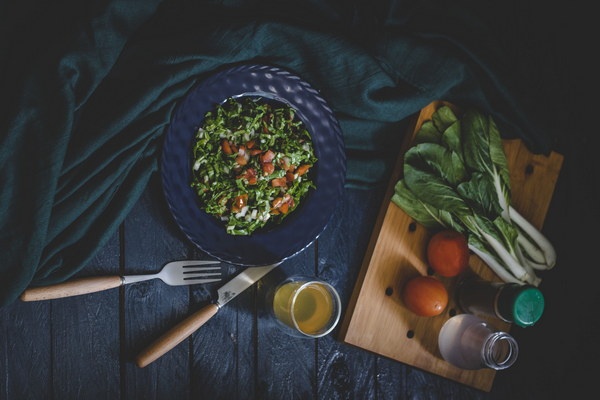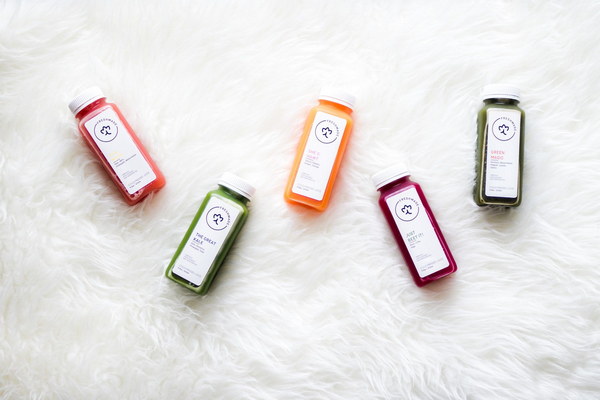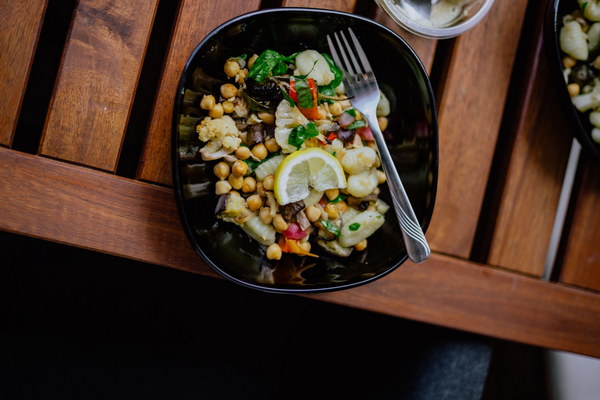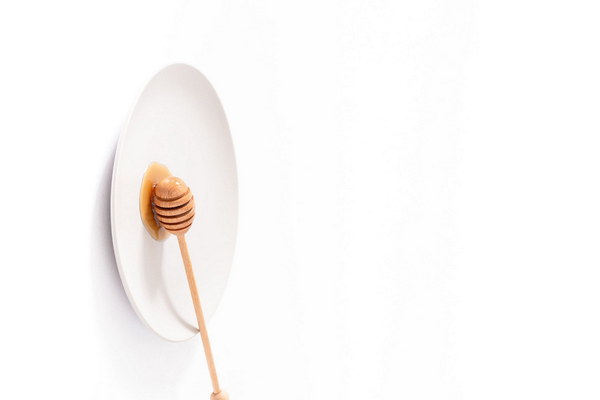Is Consuming Pork Liver Good for Liver Care and Protection
Introduction:
Liver care and protection have become increasingly important in recent years due to the growing awareness of liver diseases. As part of a healthy diet, many people are curious about whether consuming pork liver can be beneficial for liver care and protection. In this article, we will explore the nutritional benefits of pork liver and its impact on liver health.
1. Nutritional Benefits of Pork Liver:
Pork liver is a rich source of essential nutrients, making it a valuable addition to a balanced diet. Some of the key nutrients found in pork liver include:
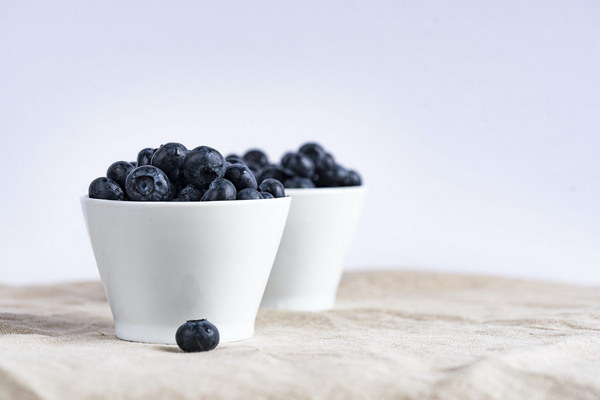
a. Vitamin A: Pork liver is one of the best natural sources of vitamin A, which is essential for maintaining healthy vision, immune system function, and skin health.
b. Iron: Pork liver is an excellent source of iron, which is crucial for transporting oxygen to the body's tissues and preventing anemia.
c. Vitamin B12: Pork liver contains high levels of vitamin B12, which plays a vital role in the formation of red blood cells, nerve function, and DNA synthesis.
d. Folate: Pork liver is also rich in folate, a B-vitamin that is important for DNA synthesis and repair, as well as for the production of red and white blood cells.
e. Choline: Pork liver contains a significant amount of choline, which is important for brain development, liver function, and muscle movement.
2. Liver Care and Protection:
Now that we have discussed the nutritional benefits of pork liver, let's explore how it can contribute to liver care and protection:
a. Vitamin A: The high vitamin A content in pork liver can help maintain liver health by supporting the liver's detoxification processes. Vitamin A also plays a role in protecting liver cells from damage caused by free radicals.
b. Choline: Choline is essential for the proper functioning of liver cells and helps in the metabolism of fats, which can reduce the risk of liver disease, such as non-alcoholic fatty liver disease (NAFLD).
c. Iron: Iron is crucial for the production of hemoglobin, which carries oxygen to liver cells. Adequate iron levels can help ensure that liver cells receive enough oxygen, promoting their health and function.
d. Vitamin B12: Vitamin B12 is involved in the metabolism of fats, carbohydrates, and proteins in the liver. A deficiency in vitamin B12 can lead to liver dysfunction, so consuming pork liver can help prevent such deficiencies.
3. Considerations for Consumption:
While pork liver offers numerous nutritional benefits for liver care and protection, there are some considerations to keep in mind when including it in your diet:
a. Portion Control: Pork liver is rich in nutrients, but it also contains high levels of cholesterol. Therefore, it is essential to consume it in moderation and in balanced portions.
b. Quality: Ensure that you purchase high-quality pork liver from a reputable source to minimize the risk of exposure to contaminants.
Conclusion:
In conclusion, consuming pork liver can be beneficial for liver care and protection due to its rich nutritional profile. The high levels of vitamin A, choline, iron, and vitamin B12 found in pork liver can contribute to the maintenance of liver health and function. However, it is important to consume pork liver in moderation and prioritize quality when incorporating it into your diet. As with any dietary change, it is recommended to consult with a healthcare professional or registered dietitian before making significant adjustments to your diet.

